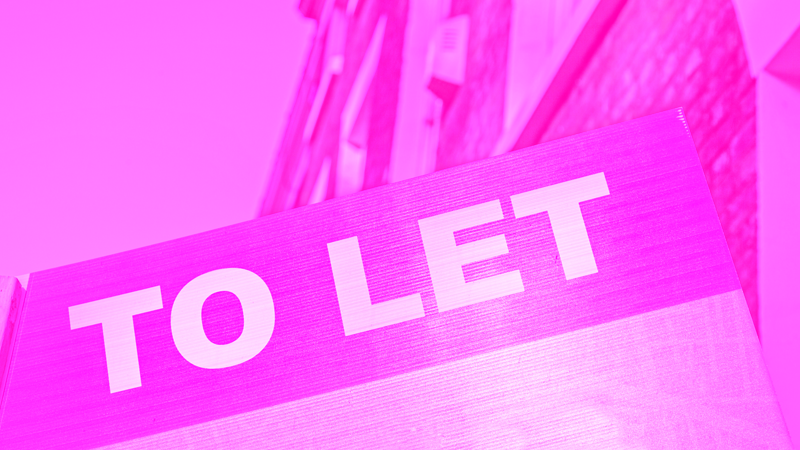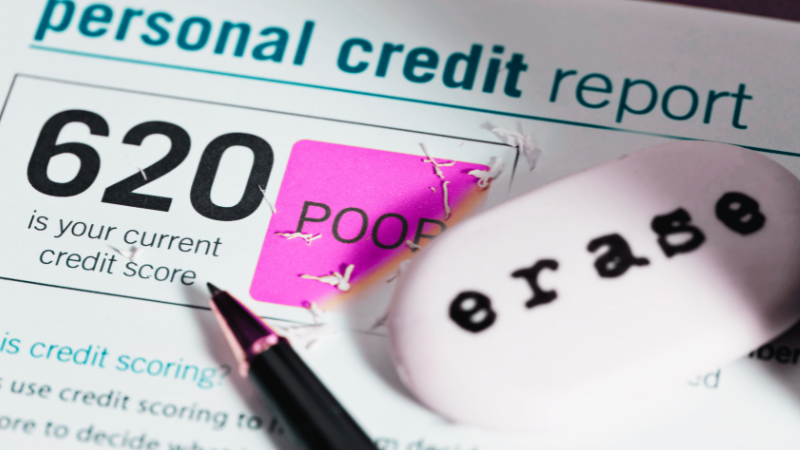How To Get A Mortgage (2025)

Whether you're a first time buyer or it's not your first rodeo, getting a mortgage can be a lengthy and complex process.
How to start the process of getting a mortgage
The beginning of the mortgage process can feel overwhelming, but there are two simple paths to follow when starting the mortgage process.
Your options are:
- Speak to an advisor
- Go directly to the lender
Speaking to an advisor
This is the most advisable route when starting the mortgage process. Mortgage Advisors have access to ‘whole-of-market’, meaning they can scour the market and compare deals from hundreds of lenders. This will give you a good gauge on what’s out there, and you’re not limited to one single lender. An advisor will also remove most of the stress from the process, carrying out the majority of the work themselves.
Going directly to the lender
This is another option when in the process of getting a mortgage. If you’ve already applied with a lender previously, you may have that trust and peace of mind instilled. However, going directly to a lender isn’t always advisable. You’ll miss out on hundreds of deals from other lenders, and it could be the difference between paying 1% less on your mortgage. You’ll also typically do a lot more of the legwork yourself throughout the process. We’d always recommend speaking to an advisor.
How to get a mortgage
Now that you know how to start the process of getting a mortgage, it’s time to begin the application.
Step One – Speak to an advisor
We’ve already touched on this previously, but the first obvious step is to speak to an advisor. They’ll guide you through the entire mortgage process and make things much easier.
There are a few pieces of information you can have ready ahead of your first meeting:
- Your current income
- If you’re employed or self-employed
- What deposit (if any) do you have to put down
- Any credit commitments you may have
- Any future changes to the above
Once they’ve got this, they’ll be able to present you with the best lender and the best deal based on your current situation.
Step Two – Get an agreement in principle
Once you’ve picked a lender and selected the best deal for you, your Mortgage Advisor will look to get you an agreement in principle. The lender will do a credit check to ensure you’re credit-worthy enough to qualify for this deal.
They’ll then provide you with a certificate that confirms you should be able to receive the mortgage you want, provided everything else on the application checks out. You can use this agreement in principle to put an offer forward on the property you want.
Mortgageable offers a free Equifax Credit Report as part of its service, with no obligation to proceed. Something worth considering.
AN AGREEMENT IN PRINCIPLE ALLOWS YOU TO PROVISIONALLY GET THE MORTGAGE YOU WANT, PROVIDING OTHER CHECKS ARE SUCCESSFUL
Step Three – Make a full application for your mortgage
Now that you’ve got an agreement in principle and put an offer forward on the house you want, you’ll need to make a full application for your mortgage. The lender will likely require proof of income, bank statements, and possibly proof of deposit.
Once they’ve checked all of the above, the lender will then most likely carry out a check on the property to make sure you’re not paying more than you should be. A valuation will be taken out by the lender, which they will usually subsidise. This covers their backs and makes sure the property is worth what you’re paying for it.
Some people choose to get a more in-depth valuation, such as a full survey or a home buyers report. Typically, this is to give the buyer some more guidance and peace of mind as to whether any crucial work needs to be carried out.
Step Four – Your mortgage offer
Once all of the above has been boxed off and the lender has completed all of its relevant checks, you’ll be issued a mortgage offer. This, in essence, is the lender putting the money on the table so that you can buy the property.

Mortgage Conditions
Another thing to note is that the lender may put some conditions on your mortgage offer.
For example, if you’ve said you’re going to pay something off during the application process, they’ll want to have confirmation that, just after completion, you’ll have this paid off.
They’ll also put a condition in that you have building insurance, and they may also have other searches that they want your conveyancer to carry out.
Your solicitor will check most of these things for you.
Related reading:
How long does the mortgage process take?
Now that you understand the full mortgage process, you might be wondering how long it takes.
The truth is, it differs from case to case and can depend on a large number of factors. Typically, the full process can take anywhere from 2 – 6 weeks. Things like a complex credit history or delays from solicitors can increase this timeframe.
A Mortgage Advisor will be able to give you a better estimate once your application has begun.
Final Thoughts
Hopefully, that gives you a good overview of how to get a mortgage and the steps needed to be taken in the mortgage process.
Should you require any further assistance in your mortgage application, please contact us to arrange a consultation with our expert team of brokers.
As a specialised mortgage broker, we have access to hundreds of lenders. We offer a free consultation with access to a free Equifax Credit Report. With this report, we can analyse your current situation and look at how to move forward.
As with any big financial decision, it is highly recommended that independent financial advice is sought ahead of committing to a specific option, to ensure that all terms are fully understood, the option is the most favourable for the applicant, and that the repayments can be made comfortably.
In addition, it is important to note that with any secured lending, the ultimate consequence of defaulting on the mortgage could mean that the property is repossessed by the lender.
Call us today on 03330 90 60 30 or feel free to contact us. One of our advisors will be happy to talk through all of your options with you.
















